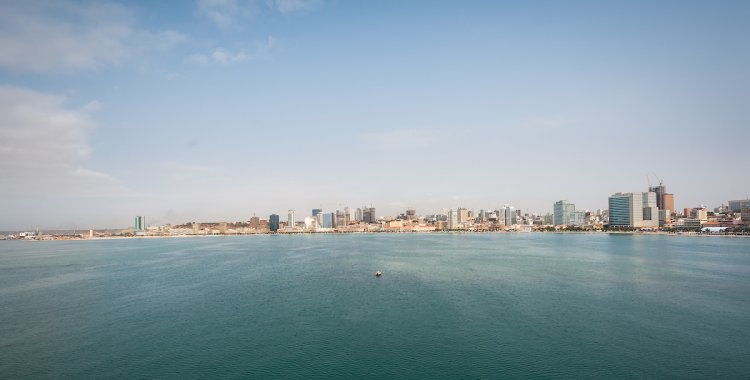Dionísio da Fonseca also said that even the name of the province, as well as its headquarters, will be the subject of discussion.
"Even the name of the province and its headquarters will be discussed with society, to seek to gather possible consensus, so that the proposal naturally reflects the desires of the population of Luanda", said the minister, in statements, cited by Angop, at the end of the opening of the II MPLA Parliamentary Days, which take place in Bié until Friday.
The governor also made it known that the ministry he directs will begin technical activities "on the ground", in order to clearly establish the limits of each province, also covering the municipalities that must be included in each one, as well as in the creation of maps and establishment of geographic points.
It should be remembered that in February of this year, the National Assembly gave the 'green light', in general, to a proposed law that creates two more provinces, through the proposal for the division of the province of Moxico and the province of Cuando Cubango.
The MPLA's parliamentary days are under the motto "MPLA-Servir Povo e Fazer Angola Crescer", with the opening being made by the party's vice-president, Luísa Damião. Also participating in the opening ceremony were Adão de Almeida, Minister of State and head of the Civil House of the President of the Republic, and jurist Carlos Feijó, who addressed the new political-administrative division and local authorities.
In addition to aiming the dissemination the party's political agenda for this year, offering training to deputies on current political issues, among others, the meeting also features discussions on various subjects, divided into two panels, namely "Local Authorities and the Political Organization and Administrative of the State" and "The MPLA as the guarantor of Development".
According to Angop, the deputies will also carry out visits to the municipalities that make up the province of Bié to observe works integrated in the Integrated Municipal Intervention Plan and establish contacts with citizens.







